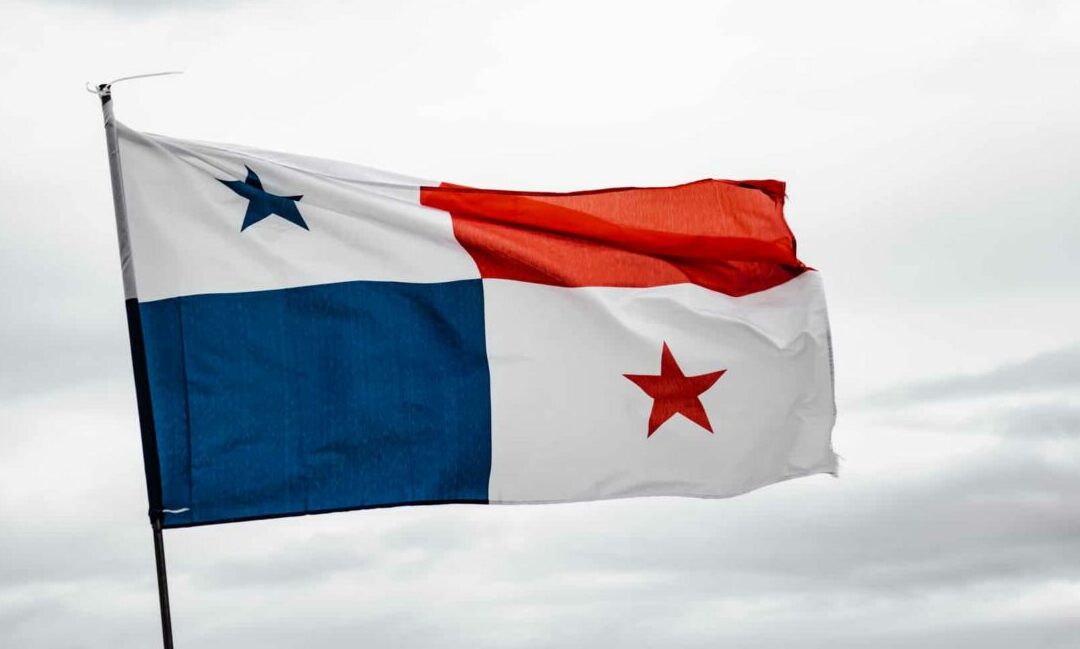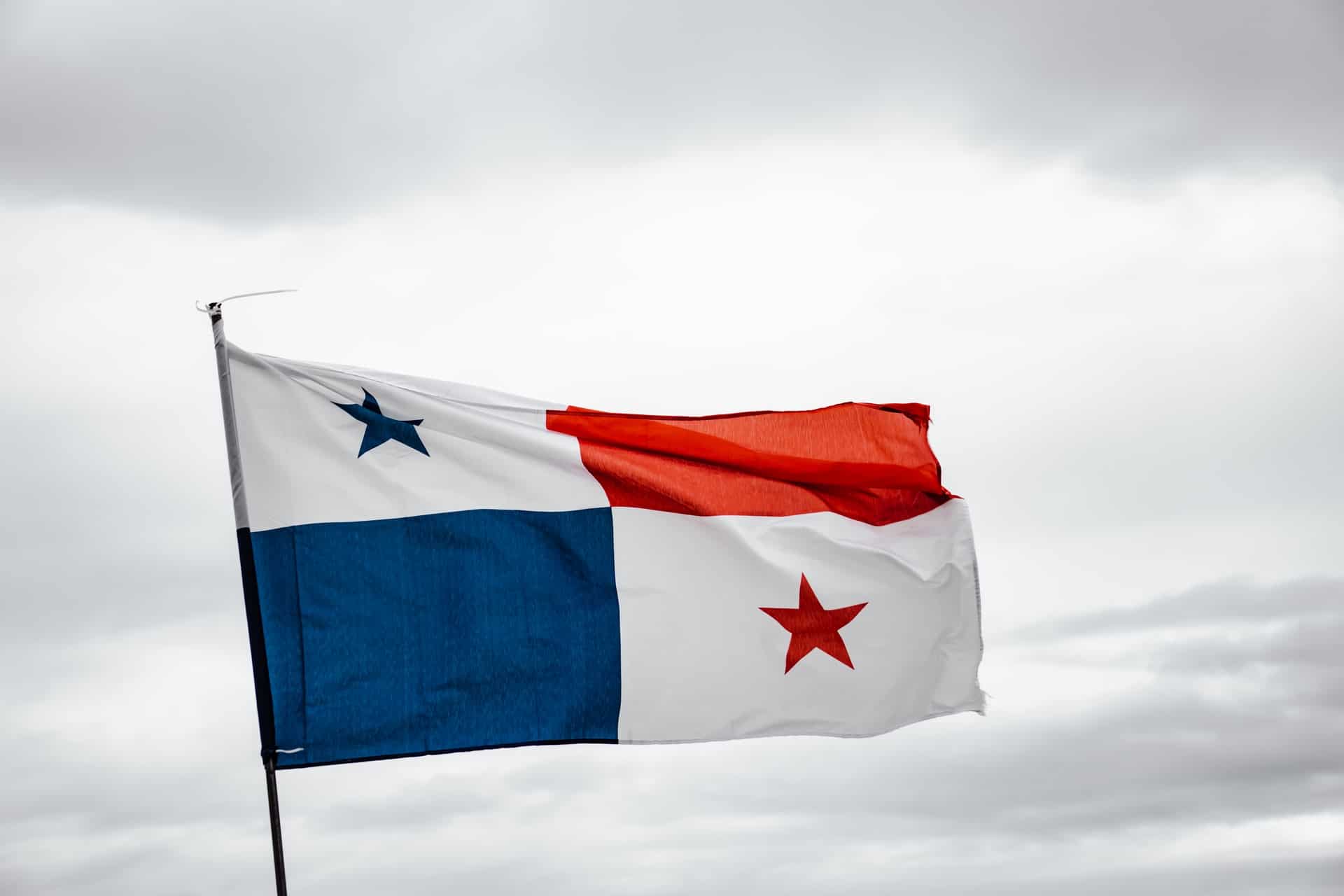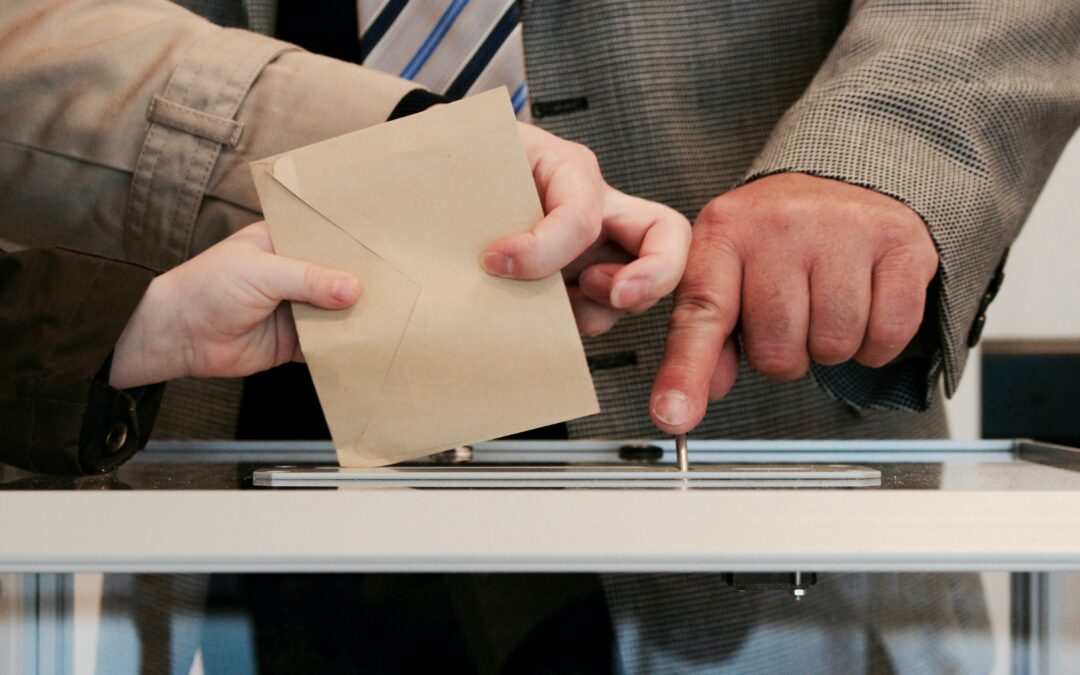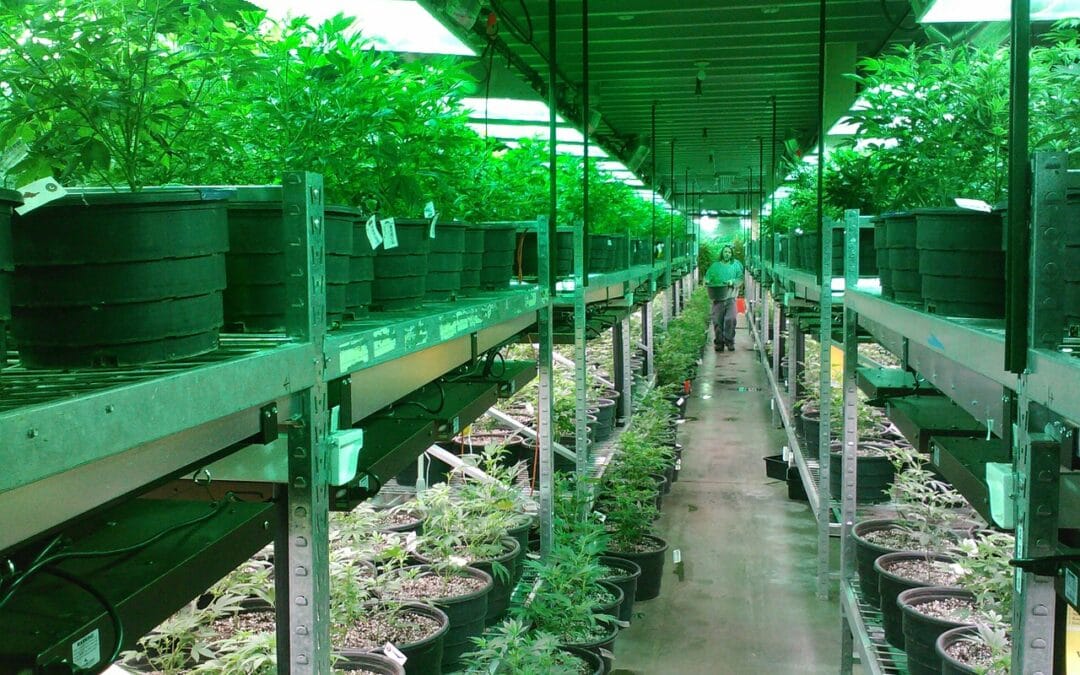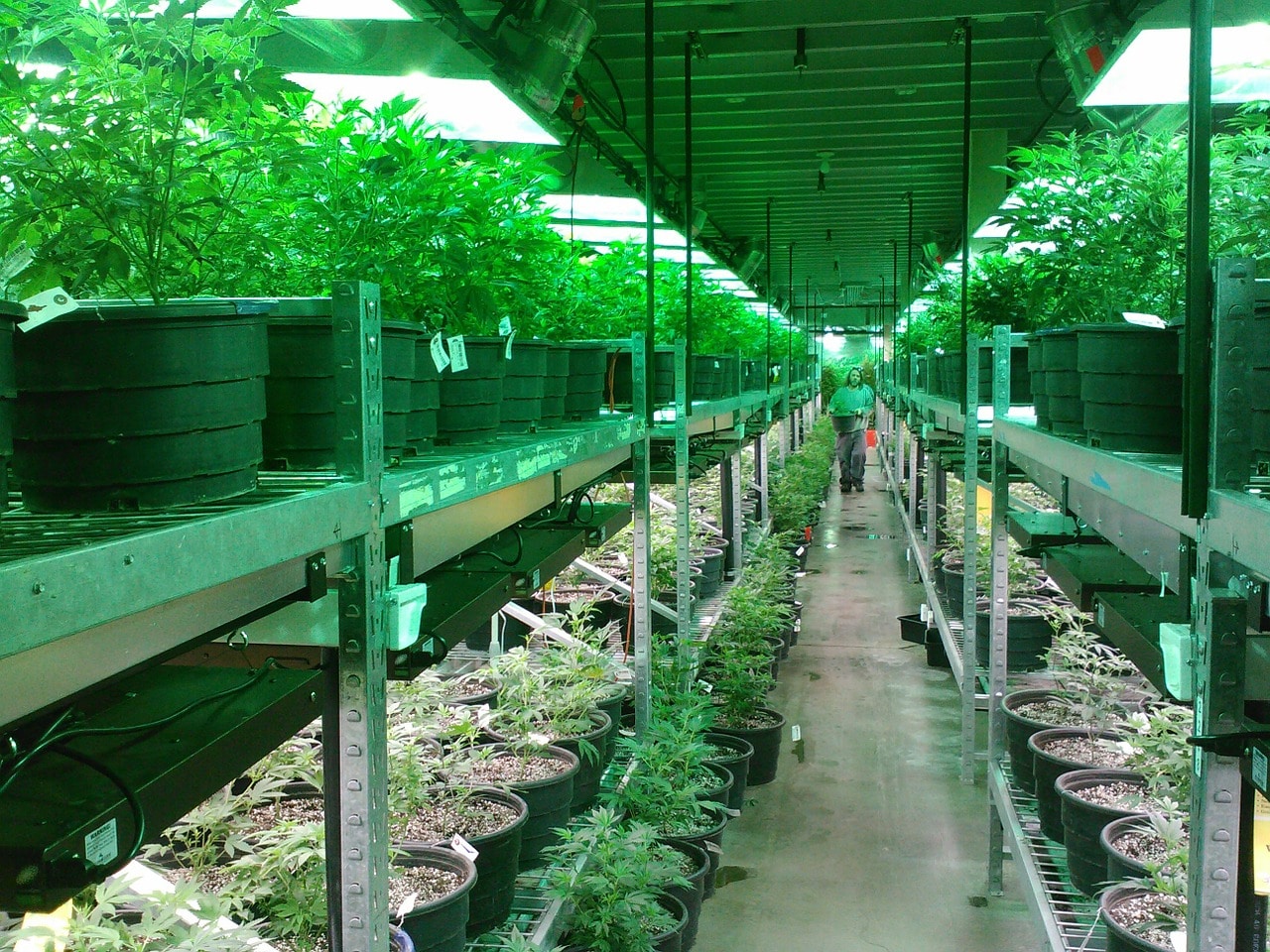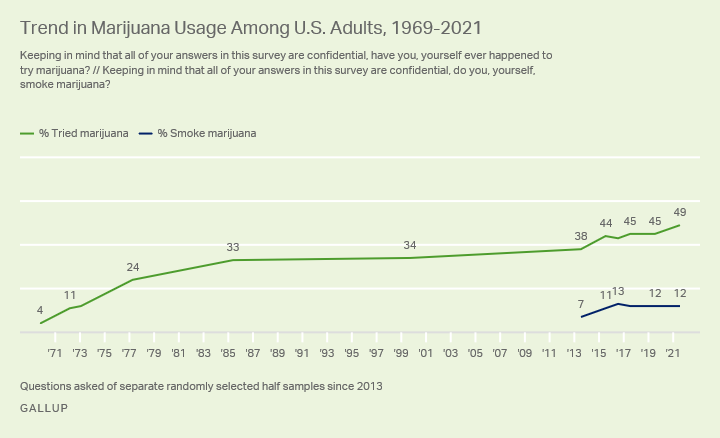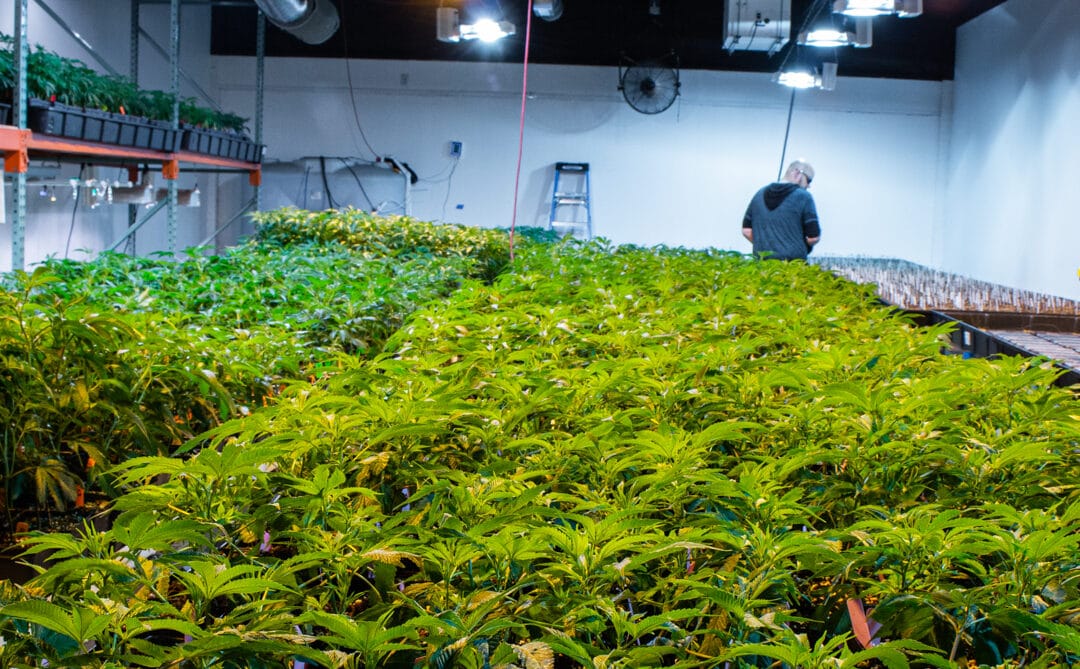
Massachusetts recreational cannabis now a $2 billion industry
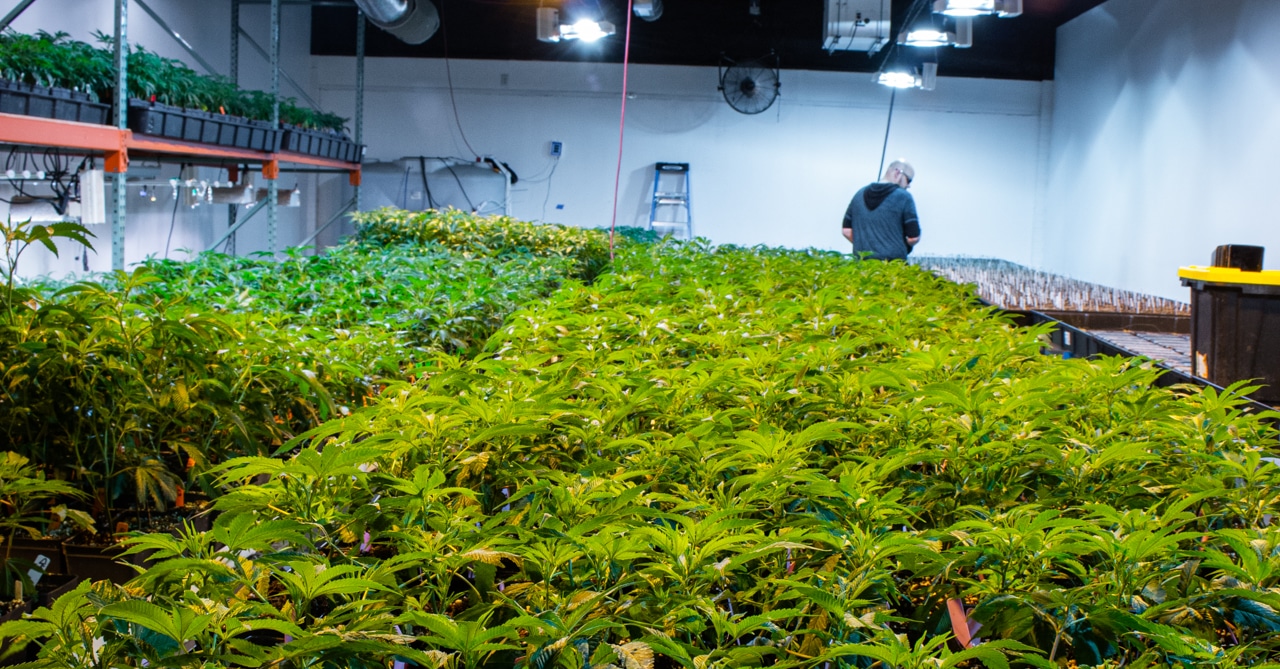
BOSTON — The Massachusetts Cannabis Control Commission this week released numbers revealing sales of recreational marijuana has topped $2 billion dollars in the first three years of legalization.
The first Massachusetts recreational cannabis dispensaries opened for business in November 2018.
Despite the COVID-19 pandemic, which has negatively impacted other businesses, cannabis sales remains strong.
At Seed Recreational Dispensary in Jamaica Plain, which opened in March 2021, Assistant General Manager Bobby Driscoll is not surprised.
“I’m not surprised. It is definitely moving a little quicker than I think some of us in the industry had anticipated,” Driscoll said. “I think it was something we were waiting for, for a long time. A lot of people sacrificed a lot to get us to this point.”
Driscoll anticipates demand will remain strong, even as new dispensaries are approved and open for business.



